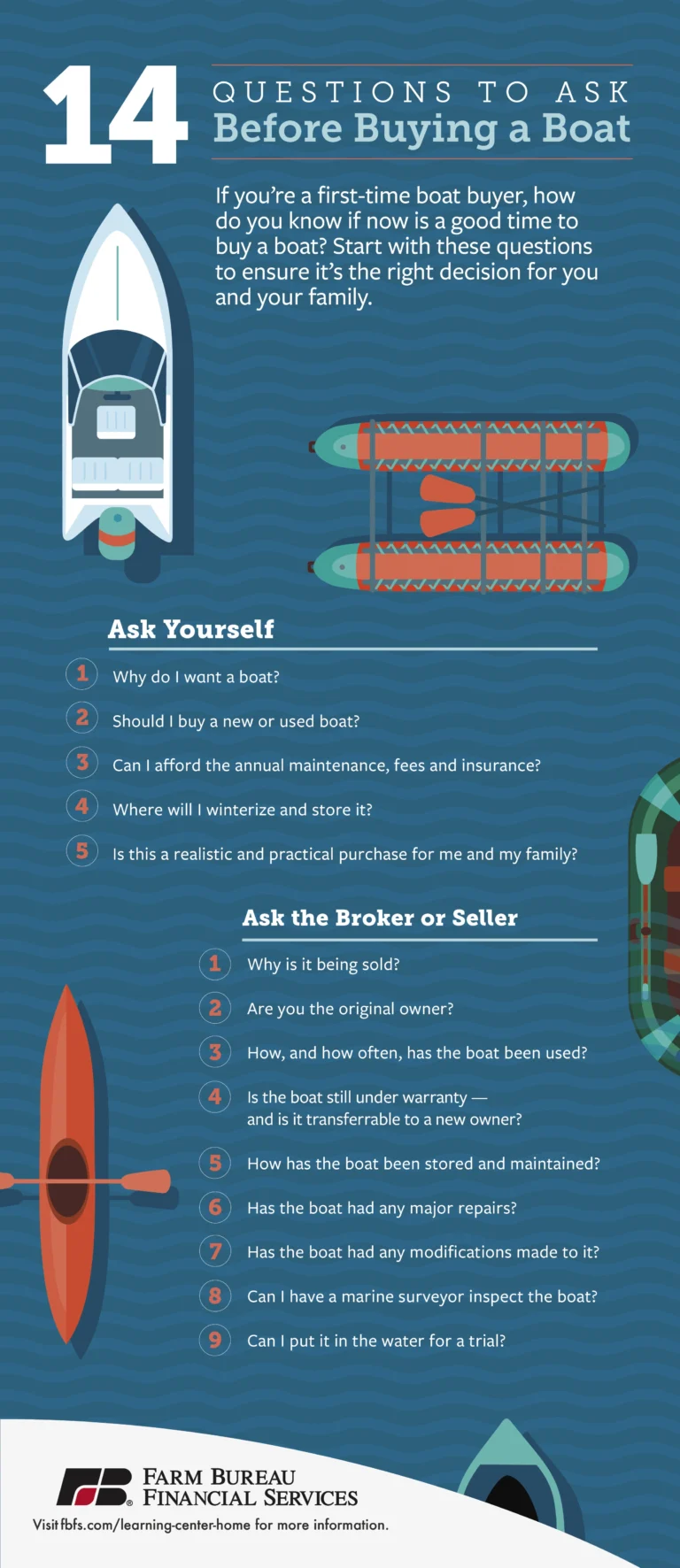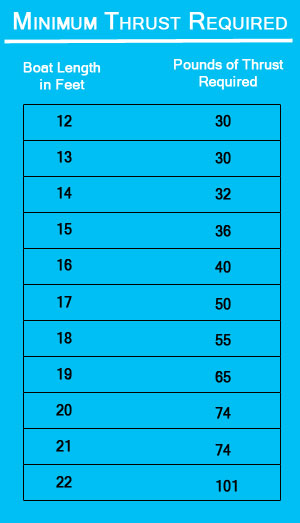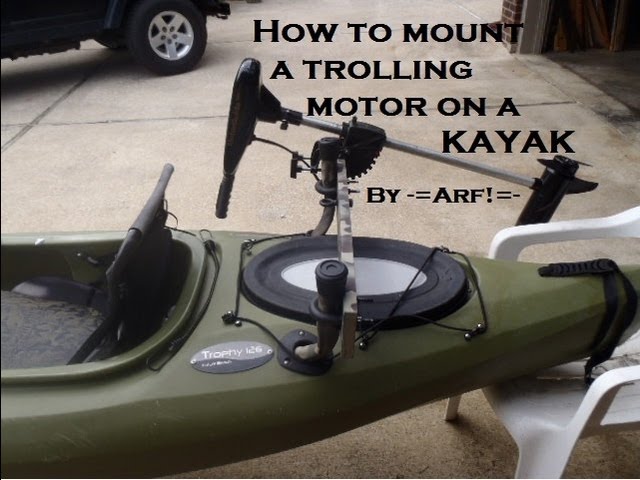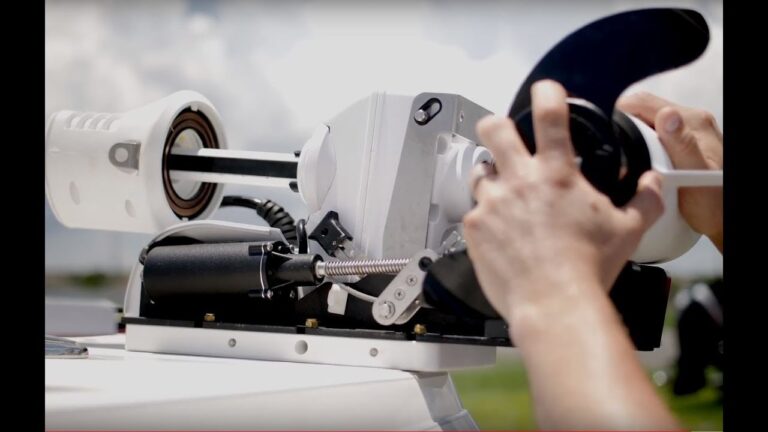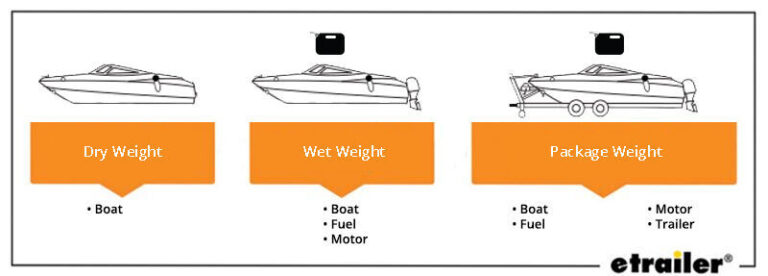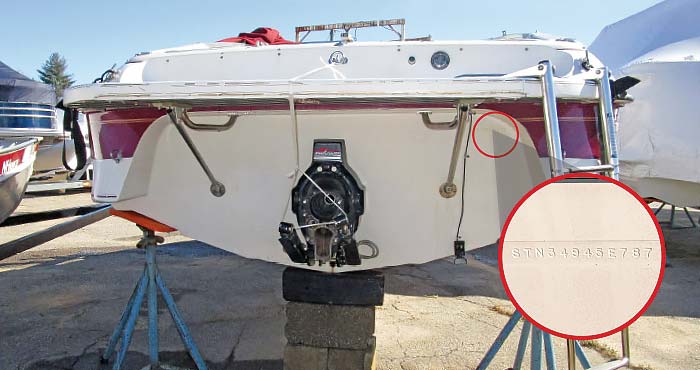How to Buy a Used Fishing Boat
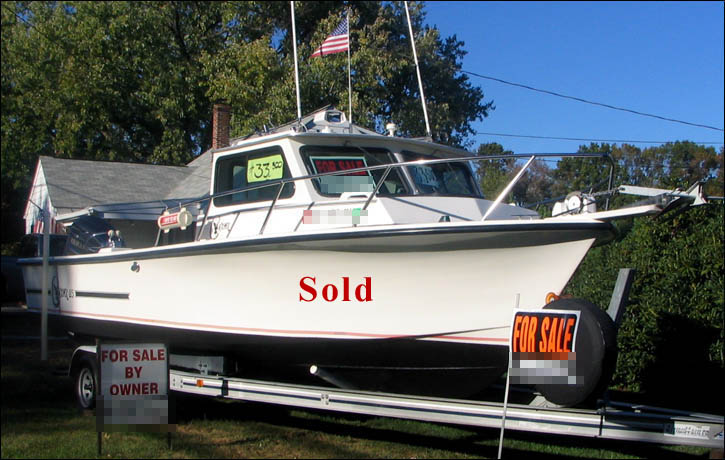
To buy a used fishing boat, start by setting a budget and researching the type of boat suited to your fishing needs. Check listings on marine-specific platforms and inspect the boat thoroughly before purchase.
Purchasing a used fishing boat can be an exciting endeavor, bridging the gap between dreams of open-water adventures and practical budgeting. It’s essential to approach the buying process with diligence and insight to ensure you get the best value for your money.
Start with a clear understanding of your fishing requirements, which will guide you toward the style and size of the boat you need. It’s equally vital to search for available boats on reputable websites, check local classifieds, or visit marinas and boating clubs. Reviews and boat history reports give you a glimpse into the life of the boat before it becomes yours. Test the waters by asking seasoned boaters for tips or tapping into online fishing communities for advice. With a keen eye for detail and patience, finding the ideal used fishing boat is well within reach.
Assessing Your Needs
Determining the right size for your used fishing boat is crucial. Consider the number of people you usually take fishing. Also, think about the type of waters you’ll be navigating. Smaller boats suit calm lakes or rivers. Larger vessels are better for coastal areas with rougher seas.
The type and model of the fishing boat must match your fishing habits. A bass boat is ideal for freshwater anglers. Deep-sea fishermen should look for a sturdier offshore boat. Choose a model known for reliability and longevity.
| Feature | Importance |
|---|---|
| Motor Type | Essential for performance |
| Storage Space | Must-have for equipment |
| Fish Finder | Important for locating fish |
| Rod Holders | Convenient for multiple rods |
Identify essential features to enhance your fishing experience. Look for a sturdy hull, reliable motor, and ample storage. Certain extras like a fish finder or rod holders can be incredibly helpful. Always check that the boat has good safety equipment onboard.

Credit: www.boats.com
Setting A Budget
Setting a budget for a used fishing boat requires careful consideration. Begin with estimating total costs, which include the purchase price, registration, taxes, and insurance. Consider financing options such as loans or personal savings. Be mindful of the long-term financial commitment.
It’s wise to allocate funds for repairs and upgrades. Unexpected expenses often arise after purchase. Ensure a buffer in your budget for these potential costs. A meticulous budget plan will guide your purchase and help avoid overspending. Use this table to manage your finances:
| Expense Type | Allocation |
|---|---|
| Purchase Price | [Your Estimated Price] |
| Registration & Taxes | [Allocated Funds] |
| Insurance | [Yearly Costs] |
| Repairs & Upgrades | [Set Aside Amount] |
Finding Boats For Sale
Buying a used fishing boat requires smart searching. Online marketplaces are treasure troves of listings. Websites like eBay, Craigslist, and Boat Trader offer varied selections. Remember to check seller ratings and boat history carefully.
Local marinas and boat dealers provide physical inspections before purchase. Walking around marinas and talking to dealers can yield valuable real-world insights. They often have boats not listed online.
Fishing communities and forums are rich with information. Sites like The Hull Truth and iFish could lead to private sales. Members share leads on good deals. Personal experiences and advice from these sources are incredibly helpful.
Inspection And Evaluation
Inspection before buying a used fishing boat is key to a good investment. Examine the hull for cracks or repairs. Check the propeller for any damage that could hint at hidden issues. Ensure seals and gaskets are intact to prevent leaks.
Professional surveys offer an expert viewpoint on the vessel’s condition. They can reveal concerns that may not be evident in a simple visual check. Contractors check the engine, electrical systems, and safety equipment.
Finally, testing on water cannot be overlooked. Pay attention to the boat’s performance and handling during a trial run. Noise levels and engine smoothness are indicators of good maintenance. Seek a trial period to ensure all systems work properly.
Negotiation And Paperwork
Negotiating the price of a used fishing boat demands patience. Always start by researching market values and recent sales. A well-informed buyer can confidently make a fair offer. Remember to inspect the boat thoroughly. Look for any issues that could help in bargaining for a lower price.
Legal requirements vary by region and must be fully understood. Contact local authorities to understand the necessary documentation and transfer process. This can include registration, taxes, and proof of ownership. A clear title ensures no legal surprises after the purchase.
Before finalizing the sale, prepare a bill of sale. This document should include the boat’s specifics, agreed price, and terms of the deal. Ensure both parties sign and date all paperwork. Only then should you proceed with payment to conclude the transaction successfully.

Credit: www.bdoutdoors.com
After Purchase Considerations
After buying a used fishing boat, crucial steps must be taken right away. Your focus should first be on performing initial maintenance. This involves checking the engine, the hull’s integrity, and the electronics. Reliable performance demands timely oil changes, and gear checks.
Registering the boat is another key step. Each state has its own rules. You’ll need to submit specific documents and pay some fees. Registration proves that the boat legally belongs to you.
Don’t forget to learn about local fishing regulations. These rules protect the local ecosystem and ensure fair use of water resources. Check for any permits required or any restrictions on fishing practices.

Credit: www.youtube.com
Frequently Asked Questions For How To Buy A Used Fishing Boat
Is It A Good Idea To Buy A Used Boat?
Buying a used boat can be wise—often cost-effective and providing immediate availability. Ensure a thorough inspection and consider long-term maintenance to maximize value.
How Do You Inspect A Used Boat?
Begin with a visual inspection for damage or repairs on the hull and deck. Check the engine’s condition and maintenance records. Ensure electronics and equipment function properly. Assess the upholstery and interior for wear or water damage. Lastly, request a sea trial to evaluate performance.
How Do You Determine The Fair Price Of A Used Boat?
To determine a used boat’s fair price, check its market value on boat valuation guides online. Compare similar models’ prices, considering age, condition, and included equipment. Also, get a professional appraisal for a precise assessment.
How Do You Know If A Boat Is A Good Buy?
To ascertain whether a boat is a good purchase, assess its condition, maintenance history, and conduct a professional inspection. Verify ownership documents and consider the boat’s market value compared to the asking price.
Conclusion
Embracing the adventure of used boat shopping yields great rewards. Start with due diligence and end with satisfaction. Ensure a good fit for your fishing needs. Patience and research steer you to the best value. Set sail confidently on your aquatic journeys.
